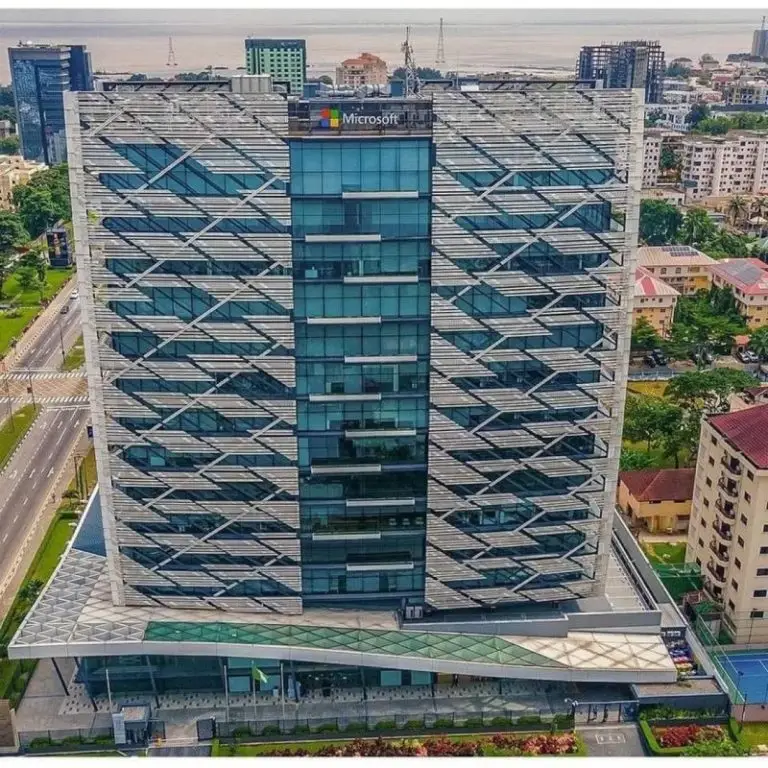The Chairman of the Economic and Financial Crimes Commission, Ola Olukoyede, has revealed that the anti-graft agency traced the sum of N7bn, suspected to be proceeds of money laundering, to a religious organisation.
He said another religious group was found to be laundering money for terrorists.
The EFCC chairman made the revelation on Wednesday at the Musa Yar’Adua Centre, Abuja, during a one-day dialogue on “Youth, Religion, and the Fight against Corruption.”
He said some of the religious organisations, institutions, sects, and bodies in the country had been found to be aiding and abetting fraudsters and terrorists.
Olukoyede stated that the EFCC discovered the laundered N7bn in the bank account of a religious organisation in the course of investigating a N13bn fraud.
The EFCC chairman vowed that the anti-graft agency would recover the money through the court.
Olukoyede said, “We were investigating a N13bn money laundering case when we discovered that N7bn of the N13bn was linked to a religious organisation’s bank account.
“When we approached the religious organisation about it and we were carrying out our investigation, we got a restraining order stopping us from carrying out our investigation.”
Olukoyede, however, said the EFCC would not give up on the investigation as the restraining court order had been appealed.
Meanwhile, the EFCC chairman said the anti-graft agency also uncovered another unnamed religious body laundering money for a terrorist organisation.
“No one will be spared, we’ll probe everyone who is suspected to be committing financial crimes, and these includes members of the executive, legislative, and judiciary arms of government,” Olukoyede added.
He said since his assumption of office as the EFCC chairman about three months ago, the anti-graft agency had secured 747 convictions, mostly cybercrime.
He said the one–day event, tagged “Youth, Religion and the Fight Against Corruption,” was aimed at addressing the challenges of youth involvement in cybercrimes and how religion could be used as a weapon for their reorientation.






